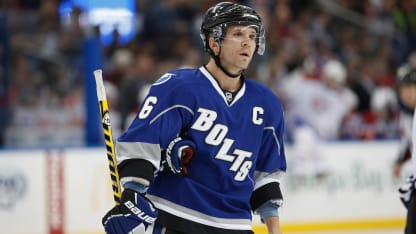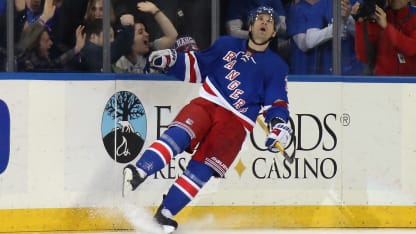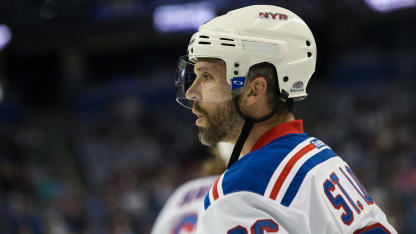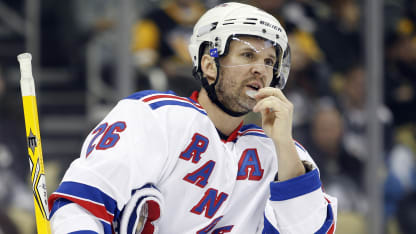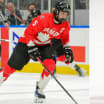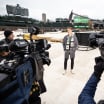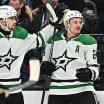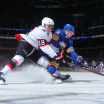"Any Game 6 double-overtime goal to give you a chance to stay alive I think is special," he said. "I don't think I had any beef with anybody that was left in Calgary because there was nobody left from my era, so people that came in just went in a different direction. Was it a little bit extra special? Maybe. But there was already the magnitude of a Game 6 double overtime that I think trumped the fact that it was against a former team."
St. Louis started his journey to the NHL at the University of Vermont. He played four seasons at Vermont and finished his college career as its all-time leading scorer. In January, the school retired his No. 8 jersey, making it the first in program history.
Two years from being eligible for the Hockey Hall of Fame, St. Louis said he has thought about the honor. The 2004 Hart Trophy winner had 391 goals, 642 assists and 1,033 points in 1,134 regular-season games with the Flames, Lightning and Rangers, won the Art Ross Trophy twice (2004, 2013) and the Lady Byng Trophy three times (2010, 2011, 2013), and is Tampa Bay's all-time leader in assists (588) and points (953).
St. Louis would not campaign for his own HHOF selection but said he does believe Dave Andreychuk, captain of the 2004 Cup team, should get in.
"Obviously, it's the ultimate award for a player to be recognized," he said. "I would hope and think that Dave will be there someday. In my mind, he is a Hall of Famer.
"For me to say I'm a Hall of Famer is not my position. It won't change how I feel about my career. It's the people's opinion, and hopefully the people in charge have a right opinion of me. If not, there's nothing I can do about that. It's not going to change how I see myself in my career, but it would be a huge honor."
